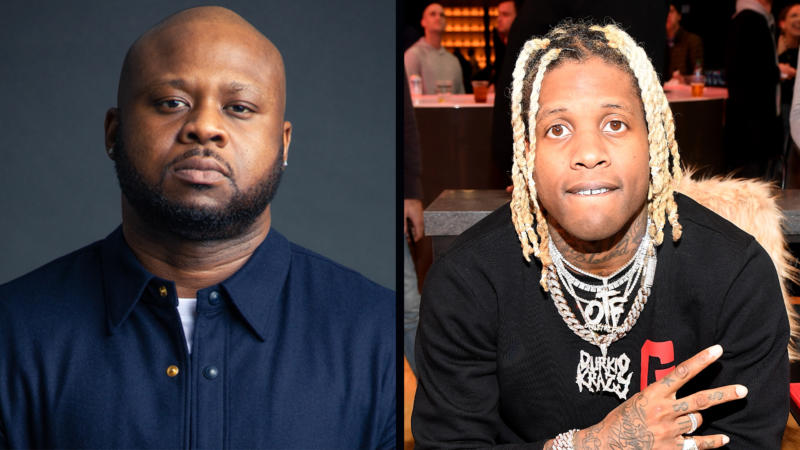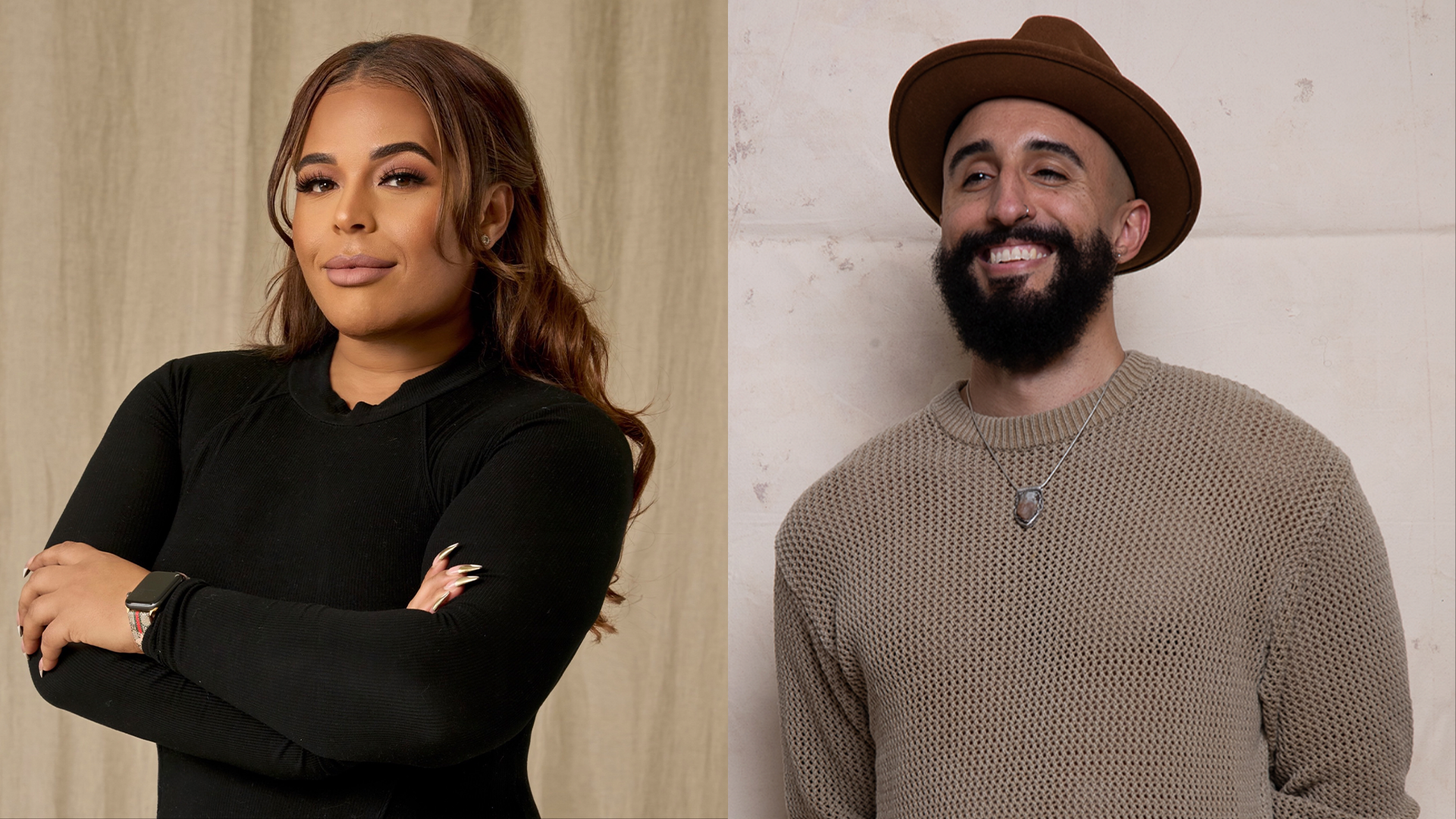Hip-Hop and the gaming industry have always gone hand in hand, but these days more artists and playmakers in the music industry are taking cues to become the new trendsetters of recreational gaming.
After a tumultuous year in the pandemic, the music and entertainment industries found several innovative and tech-advanced ways to stay afloat. And in the midst of so many changes, it gave OTF general manager Ola Ali the perfect opportunity to launch his latest venture, OTF Gaming.
Ali — who’s well known for managing artists like Lil Durk, the late King Von and others — spurred the idea for OTF Gaming at the height of the pandemic last year to explore all the possibilities the world of gaming had to offer. In doing so, he’s been able to establish another extension of his business endeavors that’s bridging the gap between music, Black culture and the gaming industry.
“I believe during the pandemic people paid attention to opportunities they might have overlooked before the shutdown. I know I did, and the gaming/streaming arena was one of them,” he tells AfroTech. “Pre-pandemic I don’t think I had the chance to play a video game in the last 15 years. I had no interest, and definitely didn’t have the time, but sitting at home everyday brought about a new way for one to entertain themselves. This led to not only our team being involved in recreational gaming, but also researching into the streaming space and connecting the dots back to OTF as a brand.”
According to Ali, gamers were music fans first and so naturally they were able to merge their interests with another niche sub-culture dedicated to creatives as well. With artists like Travis Scott, T-Pain and more bringing more attention to gaming, they’ve been able to introduce their loyal fan bases to the market and create a new trend where Hip-Hop is aiming to dominate video games and streaming.
However, for Ali, his gaming pursuits weren’t directly influenced by his ties to the music industry. Instead, he took note of other major companies, sports teams and various entertainment entities that were investing in the future of gaming, which inspired him to get in on the action and stay ahead of the curve.
“I’m no fool. I know these major companies are [getting involved in gaming] for a reason, and so I wanted to make sure that not only OTF but our culture became included in this market,” he tell us. “We realized not only was there a market for a Black/Hip-Hop competitive gaming space, but this is also another potential way and avenue to sell music. As a leader here at OTF we’re always looking to enhance the imprint[ and] get into a new space that you never thought of, but that still helps your overall goal to sell as many records the right way as you can without watering down the authenticity of your brand.”
Ali has been opening doors for music artists in Chicago since Lil Durk and his late brother [OTF] Dthang brought him into the indie rap label. Upon entering the staple music imprint, Ali has built up its reputation and now he wants to transform it into something that can help propel the culture forward.
“We want OTF to be one of those great indie labels like Badboy, Roc-A-Fella, Death Row [and] Ruff Ryders were at one point [in] time. I want to do my part in helping us attain that,” he says. “The goal is to sell a lot of records, introduce a lot of great talent that hopefully one day become legends, and ultimately add impact to the whole culture like these other great indies did. The end goal for me will always be for OTF the label to be one of the [greatest indie labels] of all-time.”
View this post on Instagram
While the pandemic turned the music industry on its back last year, OTF artists found a way to not only survive but thrive. Ali believes the time helped strengthen the OTF imprint as a whole and allowed Lil Durk and the late King Von to grow into even bigger artists.
Outside of touring, OTF was able to find huge success through paid content activations, collaboration offers and most importantly paid features. Moreover, due to so much buzz around the label throughout the pandemic, offers from collaborators have poured in allowing both parties to make substantial profits during this uncertain time.
As the music industry attempts to return back to normal, Ali says that he’s doing way more for OTF artists to not only usher, but push them out the door and get back in the swing of things.
“The world is open. It’s time to safely find our [way] back to reaching the people that recently became [OTF] fans during the pandemic,” he concludes. “Live shows and touring was our strong point prior to the pandemic, and now our artist roster has risen even bigger in popularity, even our smaller artists. We’re now in the process of preparing them for their first tour schedules, and creating relationships for them.”
For more information and updates on the OTF imprint, click here.
















